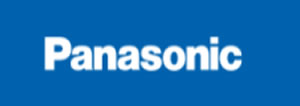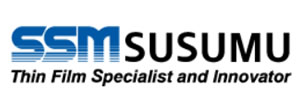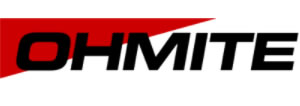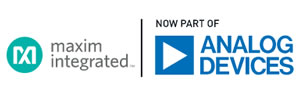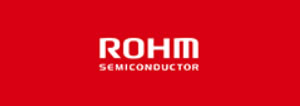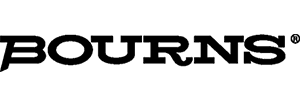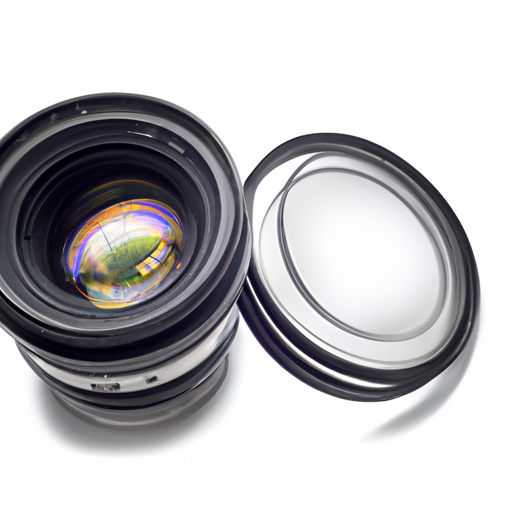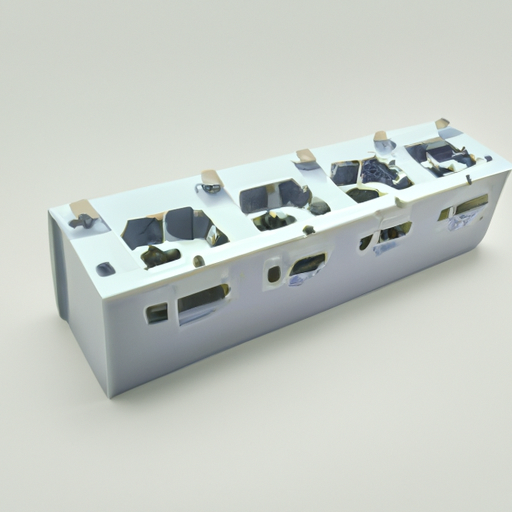Shenzhen Hong Chain Core Technology co., LTD is a professional integrated circuit supplier. Since its establishment in 2018, it has been committed to promoting and selling electronic components from multiple well-known international brands, providing the most advanced technology and products to domestic and foreign end customers. Our main products include INTEL/ALTERA, ADI, RENESAS, MICROCHIP, and we also distribute a series of integrated circuits from major manufacturers such as NXP/NEXPERIA, ST, ON, CYPRESS, MICRON, MAXIM, etc. These products have the lowest price advantage in the market and are widely used in various fields such as military, civilian, and industrial. The company focuses on the domestic market and actively explores the international market. For many years, it has won the trust of its peers in the market by only producing genuine products and ensuring absolute quality. It has also provided various electronic component supporting services to hundreds of domestic manufacturers of different sizes, and has established long-term cooperative relationships with them. With good reputation and stable supply, it has won the trust and support of many customers. We use professional and humanized services to develop together with our customers. We warmly welcome new and old customers to inquire or negotiate cooperation! The company's purpose is to only produce original goods, be honest and trustworthy, and cooperate for a long time! The company's advantages: direct supply of goods, the lowest price in the market!
5000+
1000+
TOP03




What is Lens like?
2024-05-11
0
What are the latest Lens manufacturing processes?
2024-05-11
0
What market policies does Relay socket have?
2024-03-25
10


